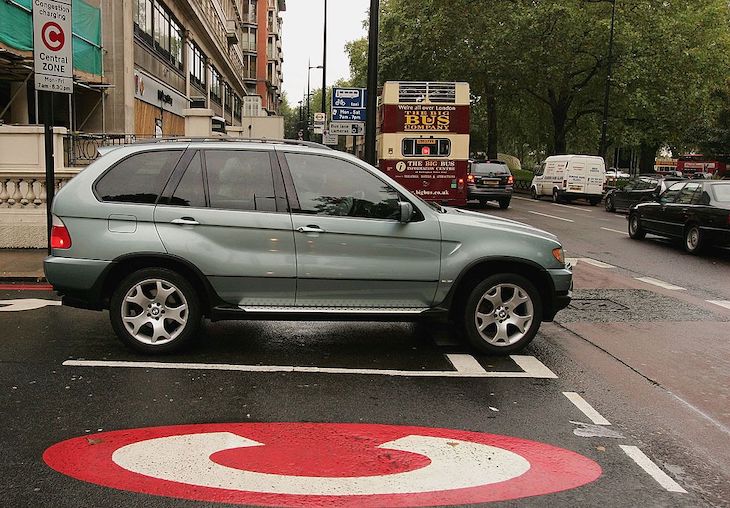Heavier cars will soon be hit with higher parking fees. Good. As an urban pedestrian and a car driver, I have two groups of enemies. The first are dark-clad cyclists and scooterists who weave invisibly around other traffic as they ignore their own expensively-made lanes. The other are the drivers of so-called sports utility vehicles – who dreamt up that euphemism? – commonly known as SUVs.
Already a subscriber? Log in
Subscribe for just $2 a week
Try a month of The Spectator Australia absolutely free and without commitment. Not only that but – if you choose to continue – you’ll pay just $2 a week for your first year.
- Unlimited access to spectator.com.au and app
- The weekly edition on the Spectator Australia app
- Spectator podcasts and newsletters
- Full access to spectator.co.uk
Or




















Comments
Don't miss out
Join the conversation with other Spectator Australia readers. Subscribe to leave a comment.
SUBSCRIBEAlready a subscriber? Log in